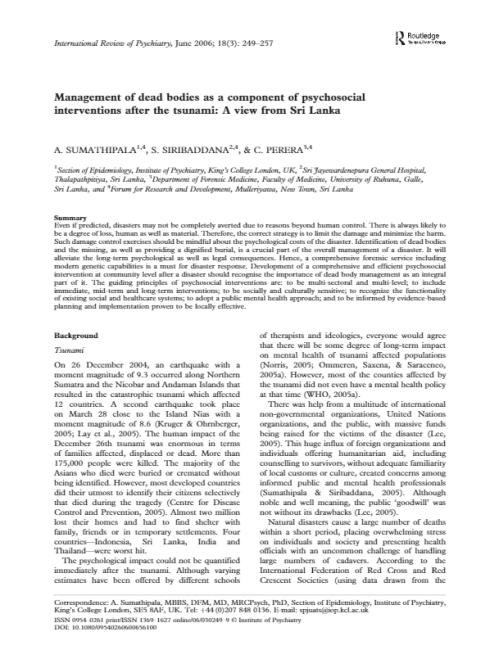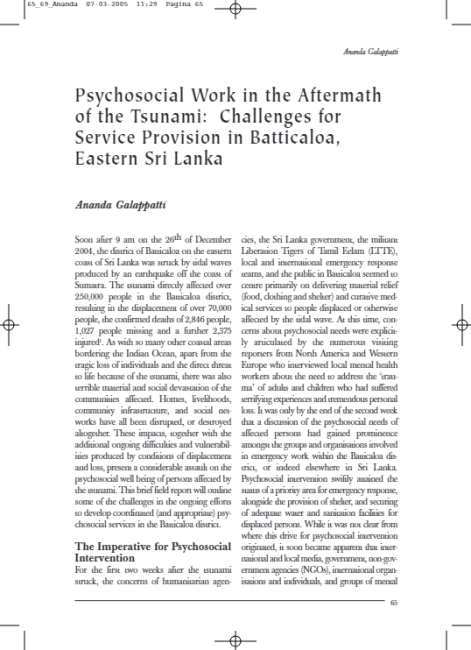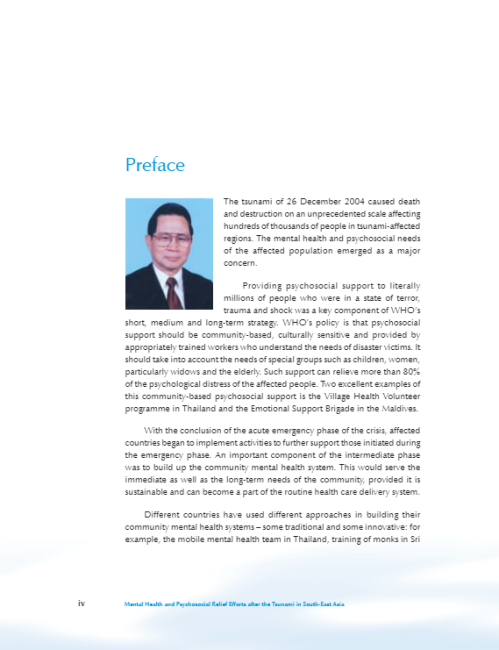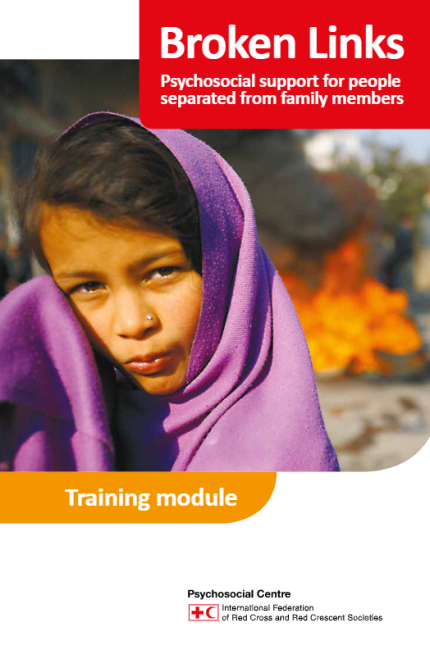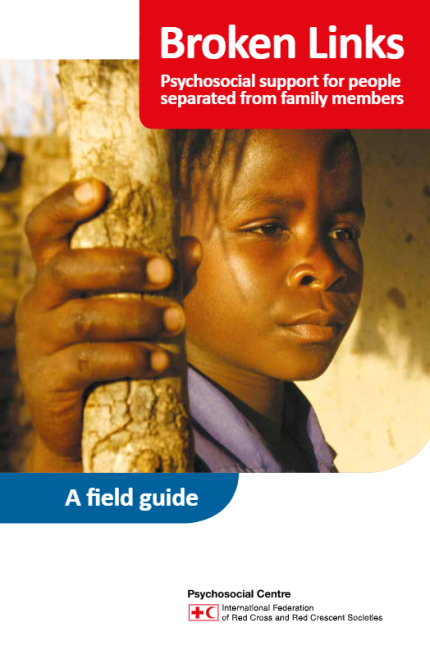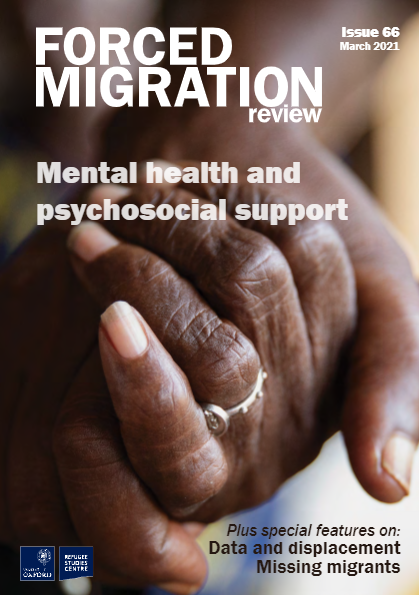
IASC Guidelines on Mental Health and Psychosocial Support in Emergency Settings
Armed conflicts and natural disasters cause significant psychological and social suffering to affected populations. The psychological and social impacts of emergencies may be acute in the short term, but they can also undermine the long-term mental health and psychosocial well-being of the affected population. These impacts may threaten peace, human rights and development. One of the priorities in emergencies is thus to protect and improve people’s mental health and psychosocial well-being. achieving this priority requires coordinated action among all government and non-government humanitarian actors. A significant gap, however, has been the absence of a multi-sectoral, inter- agency framework that enables effective coordination, identifies useful practices and flags potentially harmful practices, and clarifies how different approaches to mental health and psychosocial support complement one another. This document aims to fill that gap.


